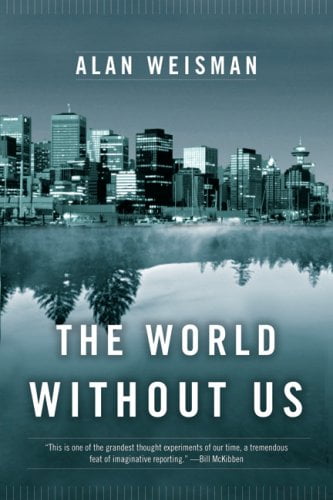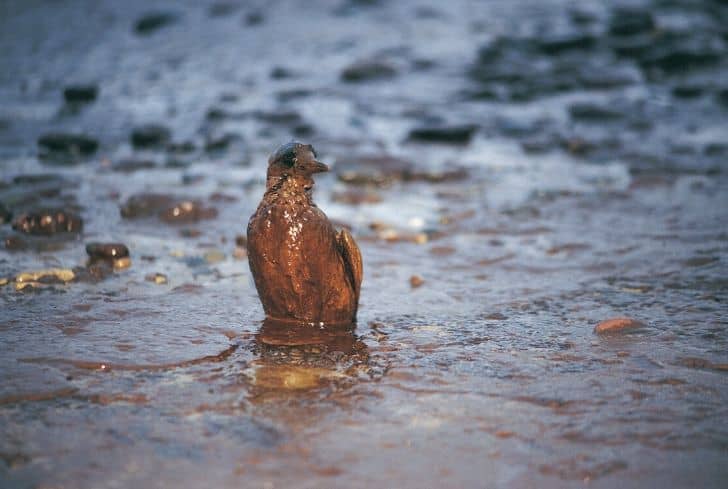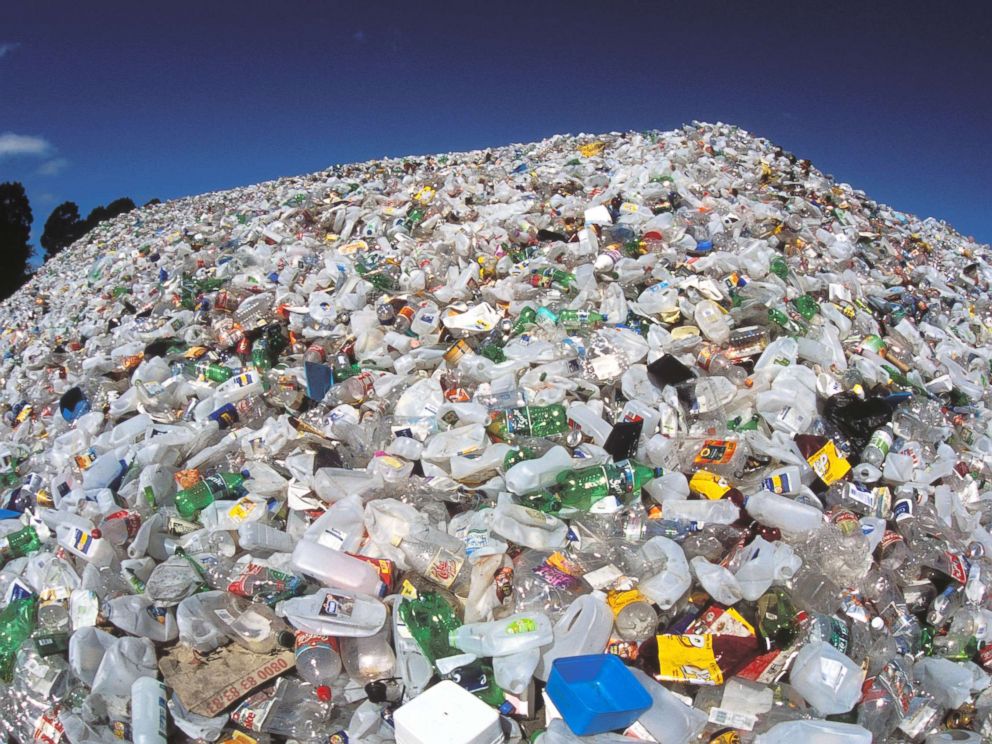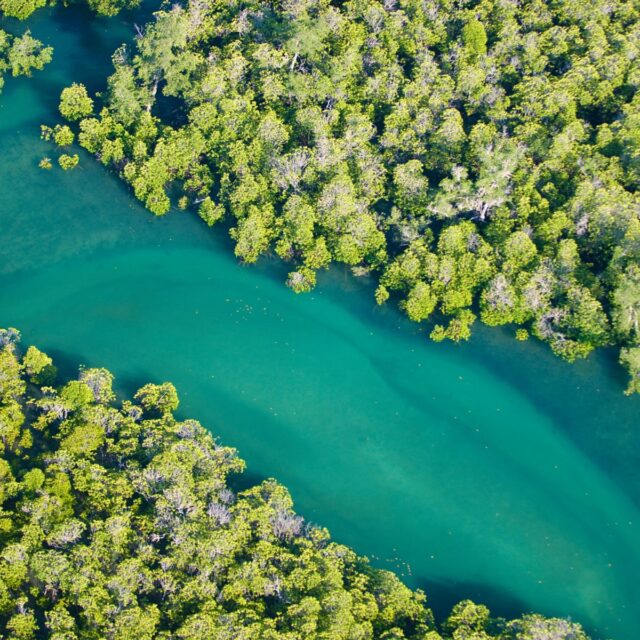While re-watching Lucy (2014) for the nth time, I was forced to contemplate over one of the essential themes touched upon therein.




It is not as foreign a concept that humans have always placed themselves at such a pedestal where no other life form seems relatively significant. Every other creature, big or small, gets questioned concerning its worth.
Human Beings Are Vain Beings
We have molded everything as per our convenience and have become so vain as to presume ourselves the ablest, most intellectual, decent, and credible among all. We have gone as far as measuring other beings’ intelligence on the basis of their willingness to bend for us and serve us.
But the fact remains. We are not less than any other being. Nor greater. And if the parameter of being able to communicate to a large audience and be heard is just one among many, we are, perhaps, of much less significance than we account ourselves for.
As for the world to function without us, lest we bring it to ruins and utter chaos, technically, a possibility stands. If humans simply stopped existing, I opine, the world would be, must be, much better than what it is at present.
Trailer Of A Life With Limited Human Intervention
With the pandemic and infinite lockdowns, we have had glimpses of the animal world coming out of its confinement and humans going into it. What if human life succumbed to more stringent restrictions (more willingly, rather than not), and the animals moved about as freely and peacefully?
But what of the worldly activities? Would they not cease as well? Would the world not be affected for worse, more than better?
The World Without Us
Another book that failed to escape my notice was “The World Without Us” (Thomas Dunne Books, 2007) that has undertaken several experts’ evaluations and brought together the concept in its entirety.

How the cities, industries, nature, and environment would be affected by the disappearance of most of human life, if not all, remains the central theme of the book.
Nature Abhors Spontaneity
As gradual as evolution, the dissolution of humans seems like a process. It is not to be assumed that the pandemic would lead human life to its ‘end’, but various other factors, including the virus, have been long speculated.
Humans have intervened in nature to such an extent that a world without them seems unfeasible, albeit possible. With cities failing to function without human input, it might seem incomprehensible and rightly so.
Overflow Alert
Going unchecked, disasters are likely to occur. From simple municipal activities to those in tedious nuclear power plants, human life seems to be a prerequisite.

Our disappearance would imply lots of radiation floating freely, all forms of life suffering because of one’s actions, and the irrefutable damage to the environment that we’d be leaving behind is overwhelming.
Read More: Watch: Why The Discovery Of Alien Life Will Mean The Collapse Of Human Civilisation
The Legacy We Leave Behind
Mountains of waste, with plastic being the chief! And that too, persisting for thousands of years as our legacy.


That being said, the amount of petroleum waste, although used up by microbes gradually, would be too much to tackle. Then, of course, there are also the persistent organic pollutants and the severity of them neither dissolving anytime soon nor breaking down naturally. Such evils we’d be giving back to the world from which we’ve only taken and taken so far.
By no means is the resilience of nature being questioned. Rather, the insensitivity of human life to partake in most of nature’s benevolence and return such impeccable damage is pointed at.
All establishments of humans would lead to extra detrimental aspects. Without the regular checking and tab keeping of natural resources, although not up to par with what should be ideally done, the world would, sooner than later, change entirely.
Flourishing Wildlife
As for lands, without human intervention, jungles would be the new roads again! And god forbid, if lightning struck, the entire land would turn to dust in just a few moments.
Erosion and degradation would be as common a sight as any other. But the fact that all buildings come to their demise remains correct. So not much is to lament in that aspect.
With no pesticides and chemicals, the recovery of insects would pick up speed. It would also allow flora and fauna to rejuvenate themselves. Habitats would recover along with. And the ecosystems would flourish. Oh, so lovely!

Biodiversity on a global scale would prosper. If only we’d have been able to witness. But if we would be, then all this would cease to be!
Human Touch Ruins
Researchers have provided that megafauna used to be so diverse before humans led to ruins. The hunting and invasive (often termed curiosity) attitude of humans is to be blamed.

Recovery from past extinctions is undoubtedly challenging and gradual but not impossible. The only catalyst required is the extinction of humans. It has been estimated that it would take “somewhere between 3 and up to 7 million or more years to get back to the pre-extinction baseline,” as per Jens-Christian Svenning, a professor of macroecology and biogeography at Aarhus University in Denmark.
The change in climate and the adversity it is bound to bring along, cannot be refuted under the happy wilderness.
Let Nature Take Its Course
All being said, despite there being so much alteration, and so much more temporary suffering, human disappearance would be of no significance when it’d come to nature and the power of evolution. But human presence would definitely be a deterrent.
Hope remains! Nature and wildlife will evolve (since it’s not as adamant) and take on the ‘new world’. It might not be all rainbows and sunshine, but it’d, for sure, be one step closer.
I’d like to quote my favorite line from the abovementioned book, “nature always finds a way” and assure you that human life is, by no means, essential for the survival of the world. Never was. Never will be.
Image Source: Google Images
Sources: The Day, Science Focus, LA Times
Find The Blogger: @evidenceofmine
This post is tagged under: world, survival, humans, human beings, Lucy, movie, life forms, creature, intellectual, intelligence, service, fact, communication, parameter, audience, function, chaos, existence, extinction, endangered, extinct, present, past, future, pandemic, lockdown, animals, animal world, restriction, free, peace, freedom, liberty, activities, book, the world without us, Thomas Dunne, experts, evaluate, concept, cities, industries, nature, environment, disappear, evolution, process, end, start, begin, factors, virus, COVID19, coronavirus, input, output, processing, disasters, municipality, MCD, nuclear power plants, radiation, damage, environmental effects, plastic, legacy, waste, petroleum waste, microbes, persistent organic pollutants, establishments, natural resources, acres, lands, jungles, Erosion, degradation, pesticides, chemicals, recovery, insects, flora, fauna, habitat, ecosystems, global, biodiversity, diversity, megafauna, researchers, hunting, extinctions, challenge, catalyst, Jens-Christian Svenning, professor, macroecology, biogeography, Aarhus University, Denmark, climate change, wild, world without human beings
































